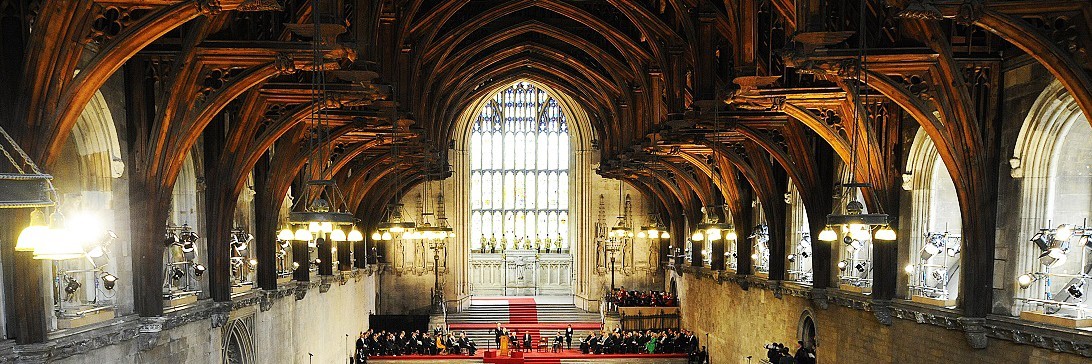The All-Party Parliamentary Human Rights Group (PHRG), in conjunction with Minority Rights Group International held this event to mark the one year anniversary of the London launch of UNHCR’s worldwide #IBelong campaign to end statelessness by 2024.
The PHRG would like to thank our Treasurer Mark Durkan MP for chairing this event.
The speakers were:
Gonzalo Vargas Llosa – Representative of UNHCR in the UK. (“GVL”)
- Chris Nash – European Network on Statelessness. (“CN”)
- Laura Quintana Soms – Cultural Programmes Officer, Minority Rights Group International. (“LQS”)
- Rosa Iris Diendomi – Dominican of Haitian descent lawyer and member of the social movement Reconoci.do. (“RID”)
The event also featured the screening of a short preview from the video documentary “Our lives in transit” (before its release) on the situation in the Dominican Republic.
The main points raised by the speakers:
- Despite the progress made on addressing statelessness as part of the #Ibelong campaign, millions of people remain stateless around the world, for example in Bangladesh, Cote d’Ivoire and Myanmar. (GVL)
- In Europe, there are 600,000 stateless persons. These people face a heightened risk of deprivation and arbitrary detention. (CN)
- Statelessness and the European refugee crisis are linked issues, particularly as many refugee producing countries have large stateless populations. Refugee children are especially at risk of statelessness upon arrival in Europe. (CN)
- Discrimination against Dominicans of Haitian descent has been a problem for years, and particularly since the 1990s. A 2013 Constitutional Court ruling “denationalized” thousands of Dominicans born in the country to an undocumented foreign parent, rendering them stateless. (LQS)
- This has had an effect on many aspects of life for Dominicans of Haitian descent, from taking public transport to accessing healthcare, education and employment. (RID)
- Whilst the Government of the Dominican Republic has taken steps to tackle the issue, particularly through “regularization” programmes, the efforts of Dominican Government have been insufficient to fully address the problem. (RID)
- The UK Government can help by providing funding to civil society groups working on statelessness around the world and by continuing to raise the matter with Governments such as the Dominican Republic. (GVL)
The Ambassador of the Dominican Republic to the UK, H.E. Federico Alberto Cuello Camilo, also attended the event and presented detailed information about action being taken by the Government of the Dominican Republic to address this issue. He emphasised that his Government does not agree with the term of statelessness being applied in relation to the issue. He also raised difficulties in Haiti which impact on the issue.
A report by Amnesty International deals with the violations of the Government of the Dominican Republic in more detail, arguing that the state has turned Dominicans of Haitian descent into “ghost citizens”.
This event is part of a series of events hosted by the PHRG on statelessness around the world. We will continue to support to the #IBelong campaign to end statelessness by 2024 through our Parliamentary work.

